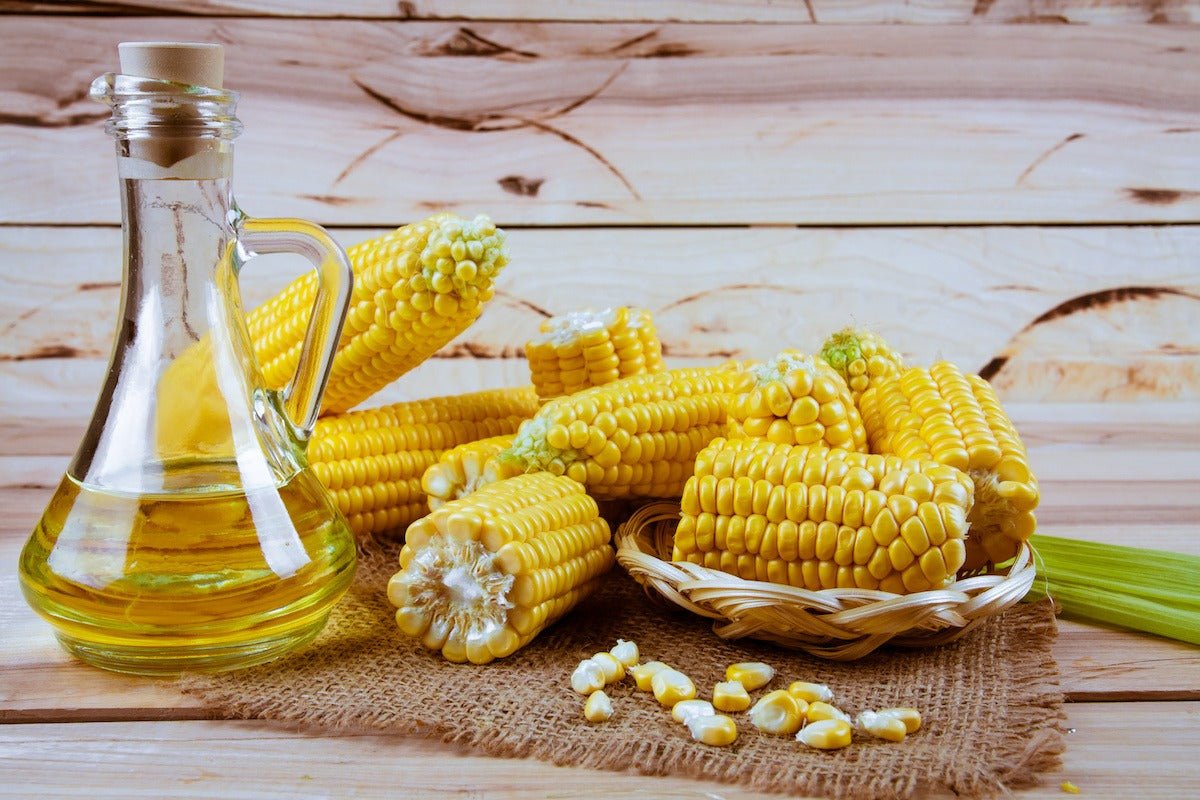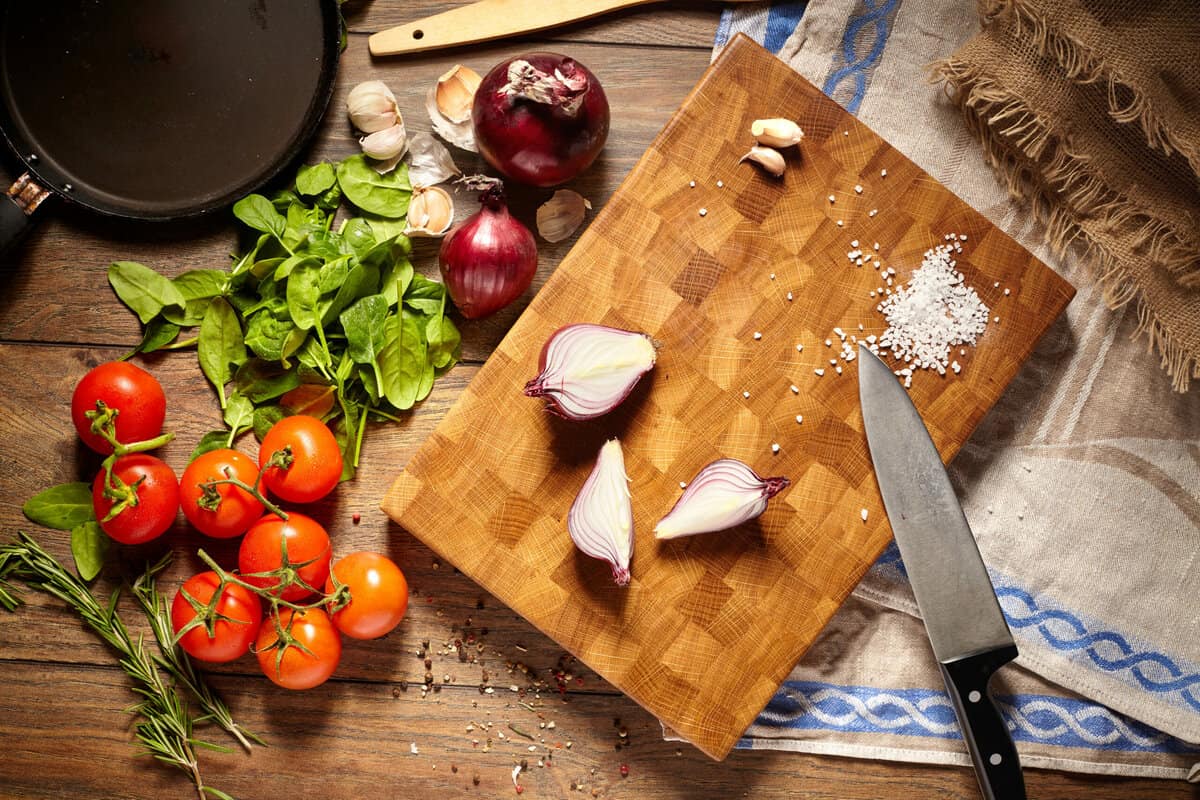Kitchen counters are the workhorses of our homes. From preparing meals to laying out groceries, these surfaces endure a lot of wear and tear. Keeping them clean isn't just about aesthetics; it's crucial for maintaining a hygienic kitchen environment. How to clean kitchen counters effectively is a skill that everyone should master for a healthier life.
But why is it so important? Well, kitchen counters are hotspots for bacteria. Left uncleaned, these microorganisms can contaminate your food and lead to health issues. Moreover, a clean counter adds to the overall appeal of your kitchen, making it a more inviting space for cooking and socializing.

Choosing the Right Cleaning Materials
Selecting the Best Cleaning Solutions
Not all cleaning solutions are created equal. The right cleaner can make all the difference when it comes to efficiently and safely cleaning your counters. Some popular options include:
- Vinegar and water solutions
- Commercial kitchen cleaners
- Hydrogen peroxide
- Lemon juice
Each of these options has its pros and cons. For example, vinegar is excellent for cutting through grease, but it can be too acidic for certain surfaces like granite or marble.
Essential Cleaning Tools
Equally important are the tools you use. Common kitchen cleaning utensils include:
- Soft sponges
- Microfiber cloths
- Scrubbing brushes
- Baking soda for tough stains
Having a dedicated set of cleaning tools for your kitchen counters ensures you're always prepared for spills and messes.

How to Clean Different Types of Kitchen Counters
Granite Countertops
Granite is a popular choice for many homeowners due to its durability and luxurious appearance. But how do you clean it without causing damage?
- Wipe the countertop to remove loose debris.
- Mix warm water with a few drops of dish soap in a spray bottle.
- Spray the solution on the counter and wipe down with a microfiber cloth.
- Dry the surface with another clean cloth to avoid water spots.
Never use acidic cleaners on granite, as they can erode the sealant and cause discoloration.
Quartz Countertops
Quartz is more forgiving but also needs special attention:
- Remove bits of food and debris by wiping with a damp cloth.
- Use a non-abrasive cleaner to spray the surface lightly.
- Wipe clean with a soft sponge, and then dry the counter with a microfiber cloth.
Laminate Countertops
Laminate counters are relatively easy to care for:
- Wipe down the surface with a damp cloth to remove any loose particles.
- Mix a gentle dish soap with water and apply using a soft sponge.
- Rinse thoroughly and dry the counter with a clean cloth to prevent water damage.
Avoid using harsh chemicals or abrasive scrubbing pads on laminate, as they can cause scratches and dullness.
Marble Countertops
Marble needs extra care to keep it looking pristine:
- Dust the surface with a dry cloth to remove loose debris.
- Use pH-neutral cleaner to avoid etching the surface.
- Apply the cleaner with a soft sponge and wipe it down.
- Dry immediately to prevent water spots.
It's crucial to avoid acidic or abrasive cleaners when dealing with marble countertops, as they can easily become damaged.

Tips for Maintaining Clean Kitchen Counters
Daily Cleaning Routines
A little maintenance goes a long way in keeping your kitchen counters clean:
- Wipe down your counters after every meal preparation.
- Immediately clean up any spills to prevent stains.
- Use coasters and placemats to protect the surface from spills and heat.
These simple steps can prevent dirt buildup and make deep cleaning easier.
Deep Cleaning Techniques
Once in a while, your kitchen counters will need more thorough cleaning:
- Remove all items from the counter before starting.
- Use a specialized cleaner suited for your countertop material.
- Scrub gently but thoroughly to ensure every corner is clean.
- Finish by wiping down with a damp cloth and drying completely.
Deep cleaning restores your counters to their best condition, making your kitchen a more pleasant place to cook.

Common Mistakes to Avoid
Cleaning kitchen counters might seem straightforward, but there are common errors many make:
- Using the wrong cleaner for the surface.
- Not drying the counter properly, leading to water spots.
- Using abrasive materials that can scratch or dull the surface.
- Ignoring spills, leading to permanent stains.
Being aware of these mistakes can help you keep your counters in pristine condition for years to come.
FAQs on How to Clean Kitchen Counters
Q: Can I use vinegar on all types of kitchen counters?
A: While vinegar is a natural and effective cleaner, it is too acidic for porous surfaces like granite and marble. Use it on sealed or non-porous surfaces like laminate or ceramic.
Q: How often should I clean my kitchen counters?
A: You should wipe down your kitchen counters daily, particularly after meal preparations. For deep cleaning, once a week or bi-weekly should suffice, depending on usage.
Q: What can I do about stubborn stains?
A: For tough stains, creating a paste with baking soda and water can be effective. Apply the paste, let it sit for a few minutes, scrub gently, and rinse.
By following these cleaning tips and tricks, you can ensure that your kitchen remains a hygienic and inviting place for you and your family to enjoy. For further insights on maintaining clean surfaces, visit Healthline's Guide to Kitchen Hygiene.
As an Amazon Associate, I earn from qualifying purchases.
For those managing larger spaces, cleaning a commercial kitchen provides additional guidelines.






Leave a comment
This site is protected by hCaptcha and the hCaptcha Privacy Policy and Terms of Service apply.